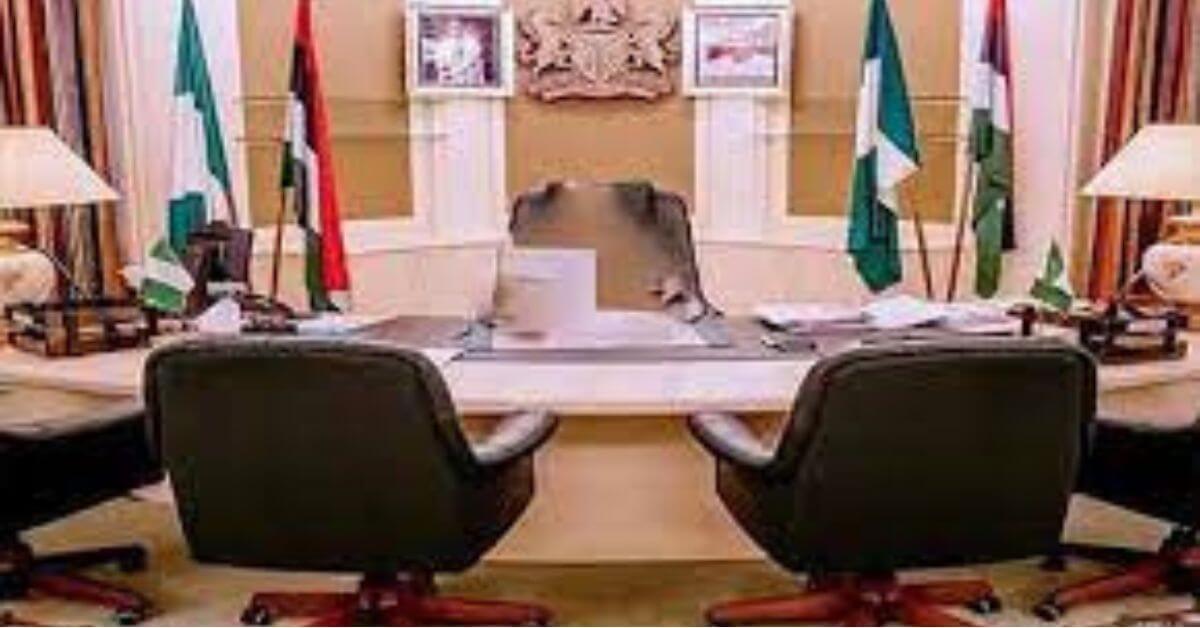Abuja, the nation’s political hub, is essential in forming the governance system in Nigeria. Beyond its beautiful architecture and cutting-edge infrastructure, the city functions as a hub of political dynamics, policymaking, and power.
This article explores the complex interactions between Abuja and Nigerian governance, highlights key features that characterize their importance and offers insightful analysis to help us better understand this vital connection.
Abuja: Nigeria’s Political Epicenter
- The Symbolism of a Capital Built for a Purpose
Nigeria’s capital, Abuja, was established in 1991 to take the place of Lagos.
In order to promote unity among Nigeria’s many ethnic and cultural groups and to lessen any particular region’s dominance in the political sphere, it was strategically located in the middle of the country.
- A Hub for Government Functions
The National Assembly, the Supreme Court, and other important federal government institutions are located in Abuja.
This concentration of governmental entities enables effective interaction, coordination, and decision-making between the various branches of power.
- Influence on Policy Formulation
Abuja’s residents, lobbyists, and interest groups have unmatched access to the decision-making process thanks to the city’s proximity to government institutions.
An environment that is dynamic and diverse in politics is further facilitated by the presence of embassies, international organizations, and civil society organizations.
Abuja’s Political Dynamics
- Power Allocation and Distribution
Abuja serves as the epicenter of power distribution in Nigeria.
The city’s political landscape is characterized by intricate alliances, negotiations, and power struggles among political elites vying for influence, resources, and strategic positions within the government.
- Advocacy and lobbying
Abuja draws a variety of interest groups looking to shape policies that support their agendas because it is the center of Nigerian governance.
The creation of laws and regulations is aided by the lobbying efforts of business organizations, advocacy groups, and civil society organizations.
- Regional and Ethnic Dynamics
Although Abuja was created to reduce regional prejudices, ethnic and regional identities, and affiliations continue to have a big impact on political dynamics.
A convergence of regional interests occurs in the city, resulting in complex negotiations and compromises.
The Interplay of Political and Economic Power
- Economic Impact
As the nation’s capital, Abuja benefits economically from increased investment, new job opportunities, and infrastructure development.
Government institutions also increase demand for goods and services, boosting a number of economic sectors.
- Real Estate and Urban Development
Abuja’s urban environment reflects the political importance of the city.
The city’s real estate market is frequently impacted by decisions made by the government, with developments closely linked to political agendas and the need for housing for diplomats and government officials.
- Role in National Identity
Nigeria’s national identity is shaped in part by Abuja’s status as the nation’s capital. It fosters a sense of belonging among citizens and projects Nigeria’s image on the international stage by representing the unity and aspirations of a diverse nation.
Addressing Frequently Asked Questions
- What political impact does Abuja have on the rest of Nigeria?
The distribution of political power, the allocation of resources, and the creation of policies that have an impact on the entire country are all directly influenced by Abuja’s status as the country’s political center.
The direction of Nigeria’s development and governance is determined by decisions made in Abuja.
- What challenges does Abuja’s unique status present?
Urban planning, infrastructure development, and socioeconomic disparities are just a few of the difficulties Abuja faces.
Rapid urban growth may strain available resources, resulting in problems like insufficient public services and a housing shortage.
- What impact does Abuja’s political climate have on international relations?
Abuja’s role in diplomatic relations is enhanced by its status as the nation’s capital.
It serves as a focal point for global cooperation and diplomatic relations by housing foreign embassies, international organizations, and conferences.
- How can the public participate in the political dynamics of Abuja?
Getting involved as a citizen can take many different forms, such as attending local government meetings or joining civil society organizations.
Citizens must use voting, advocacy, and dialogue to shape the laws and decisions that have an impact on their lives.
Conclusion
Abuja is intricately woven into the Nigerian political system by the complicated interplay of its political dynamics.
Abuja’s influence extends beyond its geographical boundaries, serving as a sign of national unity and influencing policy decisions.
We gain a deeper comprehension of Nigeria’s political landscape and the part that each citizen plays in determining the future of the country by realizing the intersection of economic, political, and cultural power within the capital city.
Adopting transparency, inclusivity, and civic engagement will be crucial to fostering a political environment that reflects the aspirations and needs of all Nigerians as Abuja continues to change as the center of the country’s governance.
Understanding Abuja’s political dynamics ultimately enables citizens to take an active part in the democratic process and advance their country.





